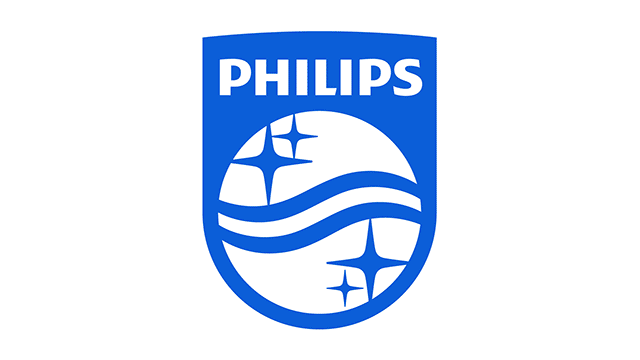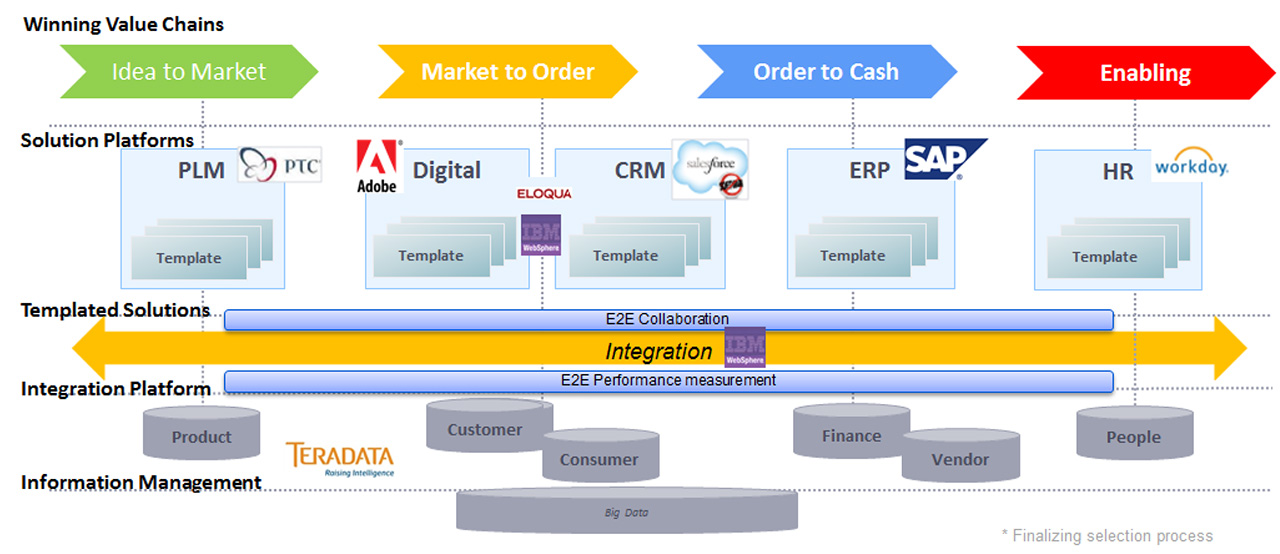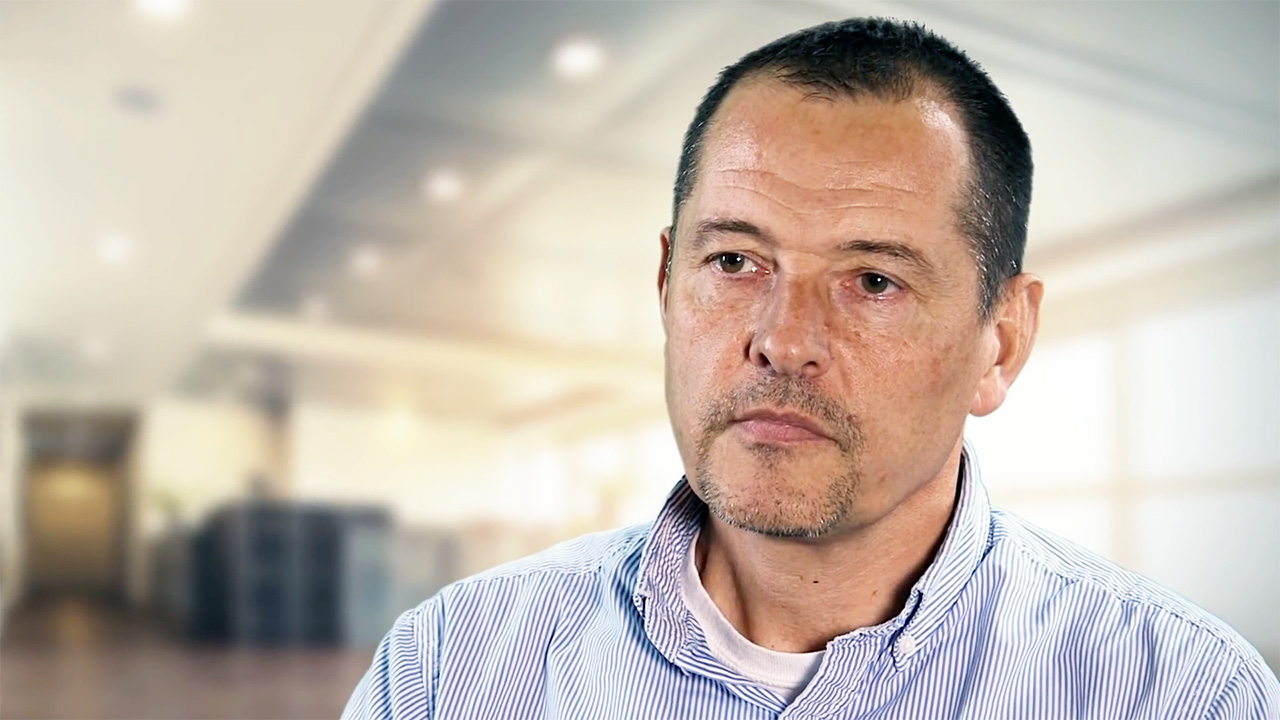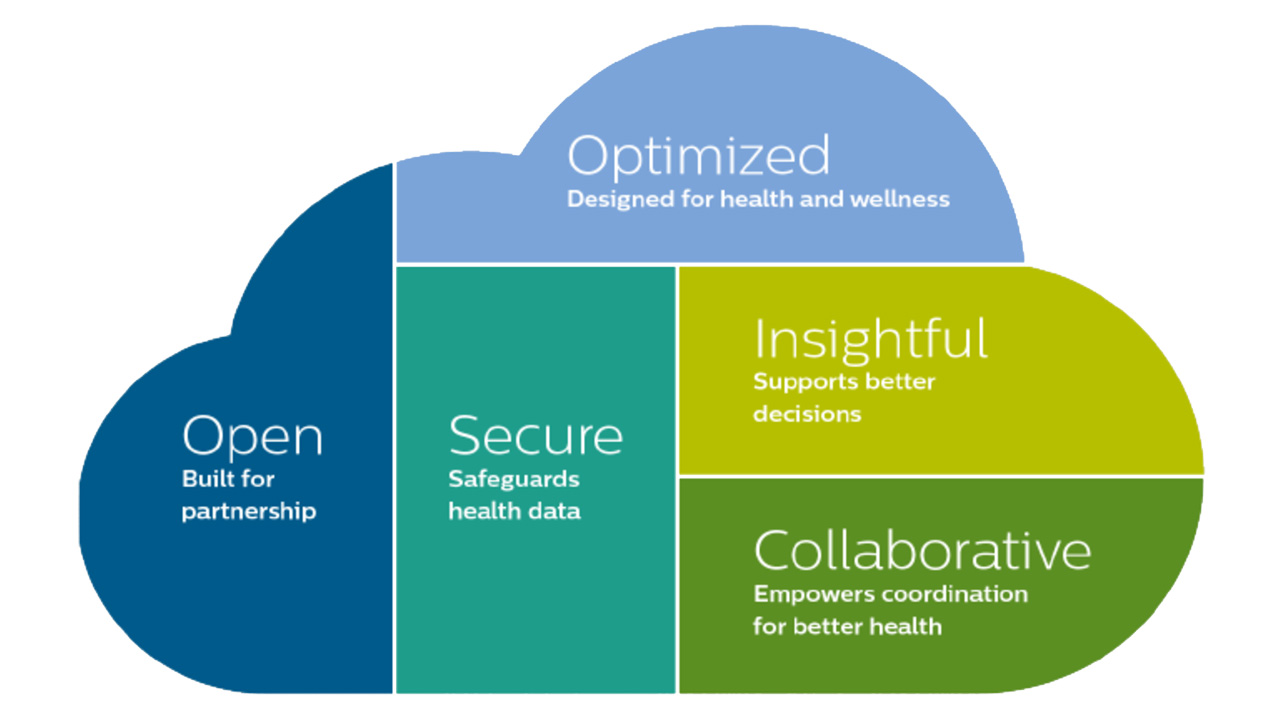Philips Turns Deployment Months into Minutes with Cloud Foundry

Healthcare: Global medical technology leader needed to transform its digital healthcare platform to make it quick and responsive.
Speed in IT operations and time to market. Elasticity created in new system.
Serve as platform for a digital healthcare platform.
Java, Spring, RabbitMQ, .NET
It handles multiple complex needs of healthcare patients around the world.
Philips has more than $25 billion in annual revenue and is a leader in medical technology, electronics, and entertainment.
The company was founded in Eindhoven Netherlands in 1891 to make light bulbs.
A need for change
The intersection of data technologies, mobility and cloud computing continues to connect things, processes and people. For Philips, the Netherlands-based electronics giant, the strategy to make IT central to its vision for services and experiences involves the use of Cloud Foundry.
 Philips’ IT landscape in 2013 (Source)
Philips’ IT landscape in 2013 (Source)An example is provided by the company’s HealthSuite Digital Platform, which faced limitations imposed by complex legacy systems. Philips’s large IT footprint spanned geographies and businesses, functioning as numerous discrete technical silos. Deploying services at scale required the transitions between data centers and networks, a process that was time-consuming and manual.
In some geographies Philips supported small clinics with services deployed from a small server footprint. On the East and West coasts in the US, Philips had large sets of clinics that would add a terabyte of data every month for numerous patients. In China, clinics supported almost a million of patients or potential patients. Accessing public data or private, HIPAA-compliant data sources required developers to write up different types of code in each instance in order to access and then analyze data.
“We wanted a platform through which rich data coming from any device or service could be ingested and then analyzed as the basis for instant, custom solutions and experiences that customers today expect,” according to Francois Andry, Senior Director, Informatics Services and Platform, at Philips.
With Cloud Foundry, Philips started with a successful POC, building use cases to connect the dots around on actions such as MRI scans for a patient to doctors anywhere. Project team members found out not only how manual and time-consuming these processes were, but how vital security was within layers of data nested on private and public clouds. The team proved out the technology in a non-production environment and brought additional services packages to support development using Spring, Java, and Linux.
 Philips’ Francois Andry (Source)
Philips’ Francois Andry (Source)Most of Philips applications come from .NET applications and multiple thousands of legacy installations are migrating onto Cloud Foundry, with a Spring-certified platform.
Andry notes, “We can now have either protected information, or public data publicly accessed instantly and securely. The Pivotal Web Services and Pivotal Cloud Foundry have enabled us to step to a new, dynamic, scalable level of data management and analytics. It further created the platform around which our developers can build and deploy new applications.”
Benefits accrue
Several key benefits have accrued with this integration of Cloud Foundry into the Philips HealthSuite Digital Platform:
Elasticity and cloud independence. Philips can now integrate generic services, both on-premise and on the cloud and scale them at speed, no longer having to rewrite access code for each cloud vendor. Cloud Foundry offers the APIs to abstract code so we can provision workloads on premise or in the cloud removing a time-consuming process of writing code for each cloud platform.
Elastic runtime services provides the configuration and automation through build packs that bind services to apps, allowing them to provision and scale applications as needed.
Powerful data. Philips now has a way to integrate data services and sources into its single HealthSuite Digital Platform. Cloud Foundry is complemented by Spring and RabbitMQ. Andry notes, “We may combine proprietary or public data from say, the clinical side to the wellness side of our business and web services that bind them dynamically ensure not only ensures data transitions, but enables the analytics on top of this, which is extremely important for us.”
IT operations speed and time to market. Provisioning applications that required manual steps and operations used to take weeks or months, but now take minutes or even less in order to stage and provision new applications. “Pivotal has well understood our business needs and how we can monetize new services and the technical side that will underpin the types of businesses we are going to build,” says Andry.
Philips now has an efficient platform that is helping bring together its rich data assets across disparate businesses and operations to help realize the company’s digital vision and future growth.
 HealthSuite Digital Platform scales with Cloud Foundry (Source)
HealthSuite Digital Platform scales with Cloud Foundry (Source)Cloud Foundry has provided the bridge and digital platform for bringing our data and businesses together in way we could not do so before. —Francois Andry, Philips
Here is useful information about the HealthSuite digital platform.
Want details? Watch the videos!
Francois Andry covers the challenges and opportunities of building a digital health platform across Philips connected products in this video:
Here is a high-level overview of this use case:






